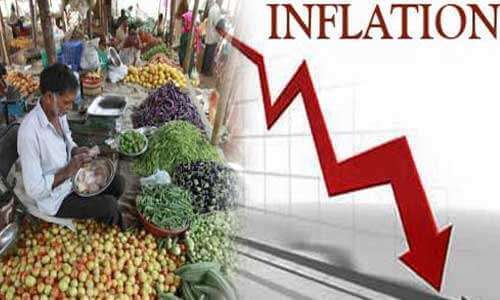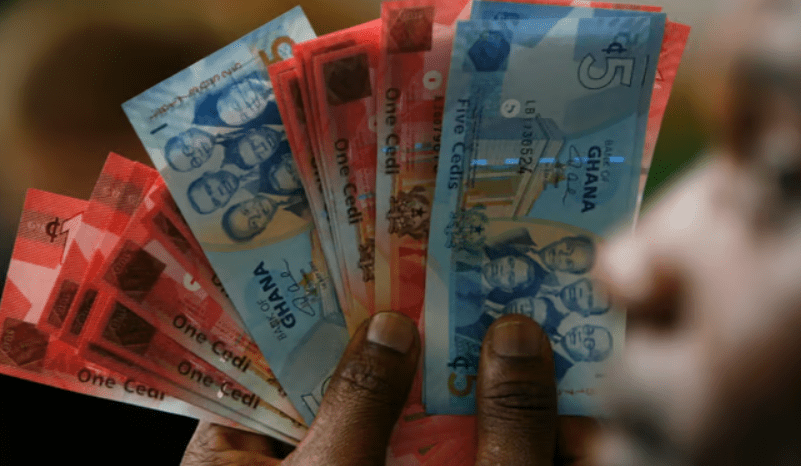
According to the latest data from the Ghana Statistical Service (GSS), the inflation rate for March 2025 decreased to 22.4%, down from 23.1% in February.
The recent slowdown in inflation is a positive development for consumers, especially as food prices have been a significant concern in recent months. The drop in food inflation from 28.1% to 26.5% suggests that the government’s efforts or market adjustments may be helping to ease the pressure on household budgets. However, the slight uptick in imported goods inflation, particularly from 18.5% to 18.7%, points to the ongoing challenges posed by external factors such as global supply chain disruptions or rising international commodity prices.
The reduction in locally produced goods inflation, from 25.1% to 24.0%, is also encouraging, as it reflects improvements in the domestic economy, which could be a result of increased local production or price stabilization efforts. However, the overall inflationary pressures, especially in non-food sectors, still suggest that there are broader economic factors at play.
Among the various sectors, Food and Non-Alcoholic Beverages experienced an inflation rate of 26.5%, while Housing, Water, Electricity, Gas, and Other Fuels saw a rate of 25.1%, both surpassing the national inflation rate of 22.4%. These sectors continue to heavily impact household expenditures.
Inflation disparities across regions were also noticeable, with the Upper West Region having the highest rate at 36.2%, while the Volta Region recorded the lowest at 18.9%.
The overall decline in inflation suggests that price pressures, particularly in the food sector, may be easing. However, the increase in inflation for imported goods highlights the ongoing influence of global economic factors.
#InflationRate #FoodInflation #EconomicGrowth #Ghana #PriceDecrease #GSS #March2025#CostOfLiving








